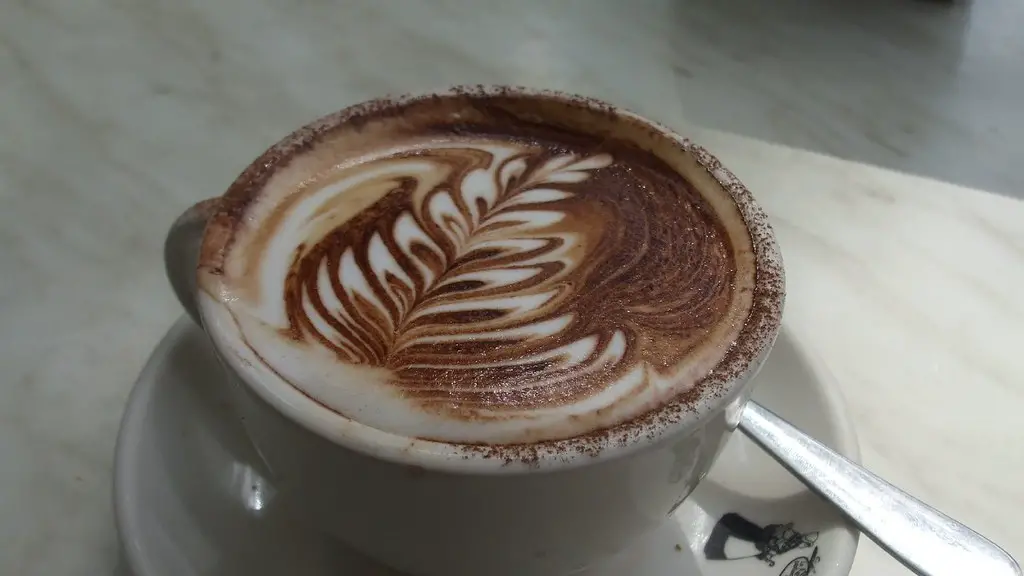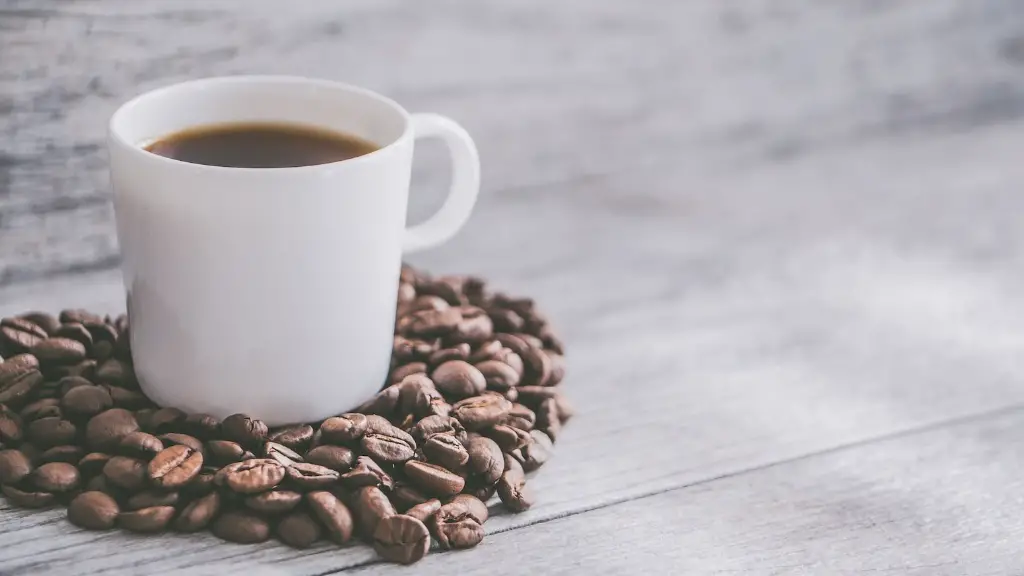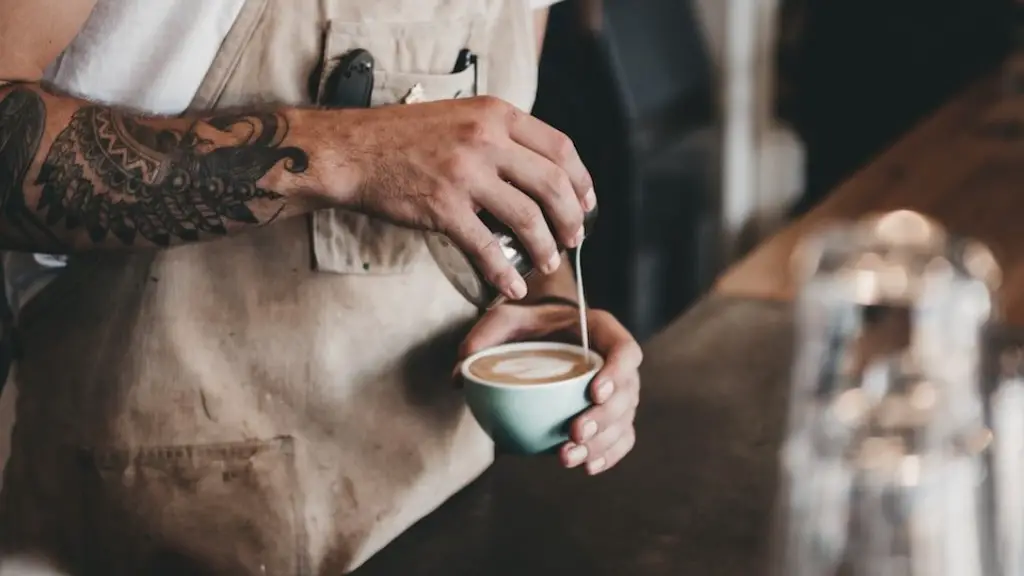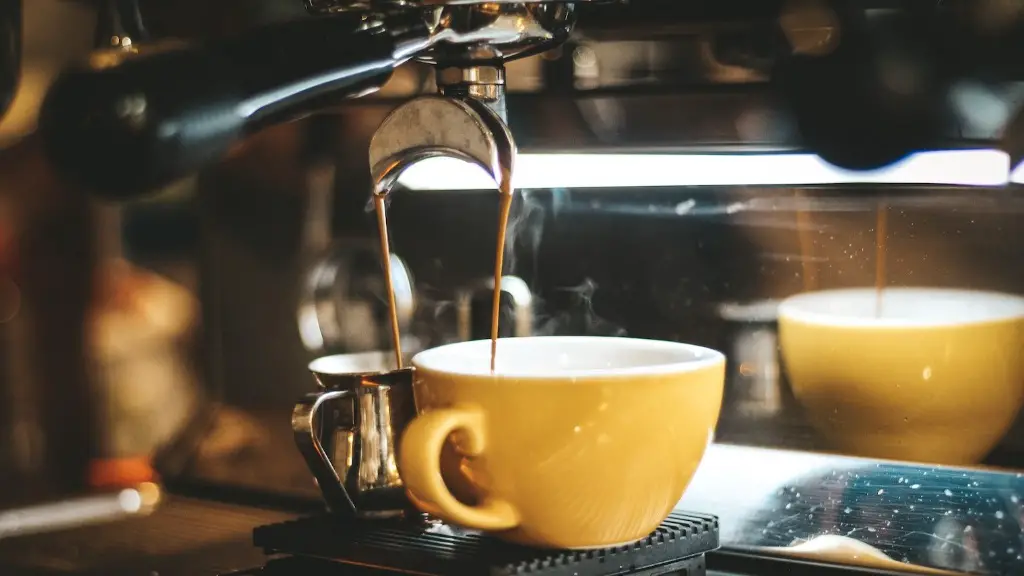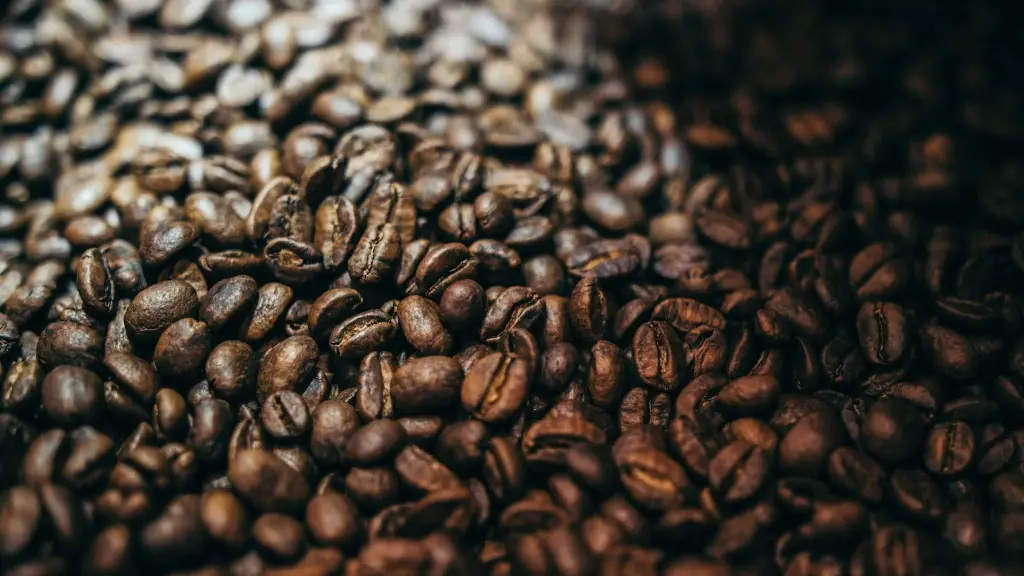Gathered around the cracking embers of a fire, England’s young and old have been enjoying a cup of tea for centuries. The controversial question is whether they prefer tea over coffee. Although their relationship with tea is more well-known and goes back further, has that ancient bond shifted with the rise of specialty coffee establishments in the UK?
Data from the last 7 years suggests that the tea culture remains strong. In 2019, the market for tea in the UK grew 4.7%, accounting for a total of £752 million. By comparison, the UK coffee industry hit £3.92 billion. These numbers reveal that the British people still drink more tea than coffee but the gap has narrowed significantly.
Conducting a more detailed analysis, the favorite beverage of the UK can vary significantly depending on the region and the age of the consumer. For example, while England is famously more into tea, Scotland prefers coffee, a trend that has been fairly stable over the past several generations.
Likewise, younger generations have been drinking more coffee than tea. According to a survey conducted by Mintel, 75% of millennials claiming to drink coffee compared to 65% who drink tea. At the same time, among those aged 55 and over, 87% of drinkers consuming tea versus only 40% drinking coffee.
The reason for the shift in numbers could be ascribed to the rise of specialty coffee establishments in cities across the UK which has made the beverage more accessible and attractive for a younger crowd. These coffee shops are different in that they provide specific brews in addition to signature coffee drinks, like cappuccinos and lattes, showcasing the richness of coffee beverages.
Cynthia Taylor, a coffee expert and consultant of more than 15 years, has noticed much more buzz around coffee, “Given the rise of coffee culture, it’s no wonder that British millennials have moved away from the traditional tea of their parents. I expect that the desire to experiment and try something new has profoundly shifted the market away from tea and towards coffee.”
Regardless, whether the people of the UK prefer coffee or tea will remain subject to debate but the data shows that it’s more of a close race than the historical narrative would suggest.
Timeline of Coffee and Tea in the UK
Tea was introduced to England back in the mid-17th century and has been since ingrained in the country’s culture, so it would come as no surprise that it has remained the preferred beverage. Of course, the rise of specialty coffee has become more noticeable over the past 40 years and has encouraged the younger generations to experiment more with different blends.
When Starbucks made its entrance into the UK market in 1998, bringing with it a selection of fancy drinks and espresso-based beverages, it shifted the country’s coffee culture significantly. Fast-forward to 2010 and the country had gone through a major transformation, with global specialty coffee chains popping up all over.
Lastly, 2018 was a major milestone as it marked the first time that Britain spent more money on coffee than tea. With modern coffee culture making its way beyond cities into suburban towns, the shift in preference is expected to continue.
Impact of Specialty Coffee
The advancements in specialty coffee have made it accessible to more people in the UK, a fact that has had a direct correlation with the slight shift in beverage preference. In fact, the industry is projected to reach £4 billion by 2024, an endearing position when compared to tea.
With that said, some people in the UK remain resistant to trendy specialty coffee shops and prefer traditional tea instead, due to its strongly associated cultural factor. For instance, tea-houses in England started appearing in the late 17th century offering patrons a place to enjoy tea along with board games and reading materials. And in the 19th century, the art of tea-drinking slowly became a ritual in many British households.
Therefore, while coffee has made a huge push in terms of popularity in the UK, tea is still held in high regard and its importance in British society remains unwavering.
Remarks from British Consumers
Heading straight to the source, many British people still prefer tea over coffee. Olivia, a student from London, has been drinking tea since she can remember and continues to drink it daily, “I just feel more relaxed drinking a cup of tea in the morning. Coffee is ok but it’s just not the same. Everything in England is about tea, that’s why I prefer it.”
The same sentiment was echoed by John, a pensioner from Bristol. “I’ll have coffee every now and then but for me I don’t drink it to start the day. Tea is just delicious and always will be the beverage of the people.” While the younger generations disagree argues that coffee has taken the focus more recently and will keep gaining popularity in the future.
Effects on Tea Houses in the UK
The coffee industry may be pushing tea and coffee together in terms of popularity but this hasn’t been a threat to the traditional tea houses in the UK. They have managed to survive since the 17th century and in recent years, it’s clear that the number of tea houses is actually growing, with trendy venues popping up in cities such as London, Edinburgh, and Manchester.
Eliza Adamson, a manager at a tea house in Manchester has noticed a substantial increase in customers, “The way our tea house has been growing in recent years, it’s been incredible. We offer customers drinks and snacks as part of special packages and we also have cultural activities such as story-telling and poetry readings, so it’s a good opportunity to embrace the tea culture in the UK.”
While there has been a subtle shift in preference in the UK between tea and coffee, tea houses may still thrive in the future. It’s clear that their presence can play an important role in bringing people together and maintaining the UK’s rich culture.
Current Trends and Reactions
With craft brewing methods and technology being experiment with each day, current trends suggest that the specialty coffee trend will persist in the UK, regardless of whether or not tea also holds an important place in British culture.
Patrick Jones, a long-term customer of a cafe in Kent, explained that specialty coffee isn’t going away anytime soon. “It’s incredible how far the industry has come. I can now order pour-overs with ease. We’re eating up the trends faster than ever, the demand for specialty coffees is only growing!”
Consequently, it will be interesting to observe the reaction of people in the UK in the coming years. The acceptance of specialty coffee as well as its ability to blend in with the UK’s tea culture without chasing it away could give Britain the perfect balance between the two cultures.
Do the British Love Coffee or Tea?
At the end of the day, both coffee and tea can be found virtually everywhere in the UK despite the significant rise of specialty coffee in recent years. It’s no surprise that the British people can’t deny the fact that tea is part of their heritage and identity and that’s why even though the numbers may disagree, it’s likely to remain their favorite beverage.
Survey results from a recent market study revealed that the majority of British drinkers said that if they had to choose between the two, they would overwhelmingly choose tea. From historic tea houses to the rise of specialty coffee, the UK’s beverage preference will remain up for debate but the data and evidence suggest that when it comes to the public’s heart, tea comes first.

